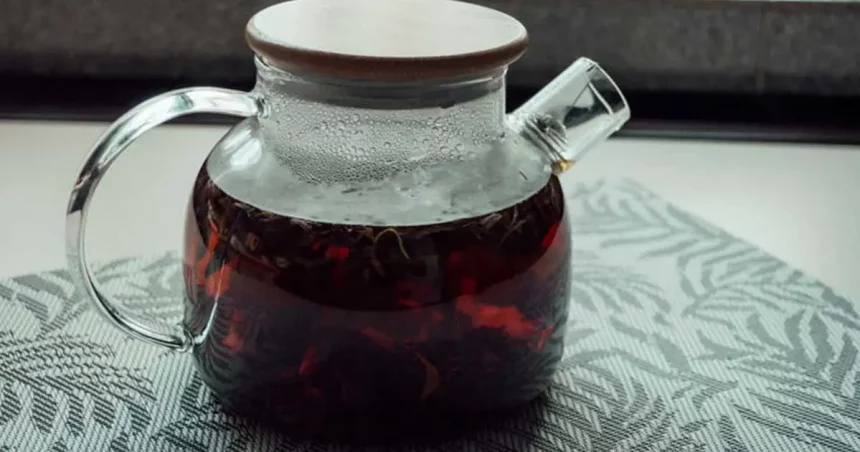Pu-erh tea, a fermented tea originating from the Yunnan province in China, is gaining popularity for its unique flavor and health benefits. The fermentation process of Pu-erh tea involves withering, pan-frying, rolling, and microbial fermentation, resulting in a complex and earthy taste profile. The tea is aged to enhance its flavor and is often compressed into cakes or bricks.
Pu-erh tea has potential health benefits, including cholesterol-lowering properties due to compounds like catechins and theaflavins. It may also aid in weight loss by boosting metabolism and reducing fat absorption. Additionally, Pu-erh tea has antioxidant and anti-inflammatory properties that support liver health and may have anti-cancer effects.
The bioactive compounds in Pu-erh tea, such as catechins and theabrownin, contribute to its flavor and health benefits. Studies have shown that Pu-erh tea extracts can inhibit the growth of various cancer cells, highlighting its potential in cancer prevention. The tea’s anti-cancer effects are attributed to its anti-inflammatory and antioxidant properties.
While Pu-erh tea offers many potential health benefits, it should be consumed in moderation. Pregnant women, individuals with caffeine sensitivity, or those with certain medical conditions should consult a healthcare professional before adding Pu-erh tea to their diet. To enjoy Pu-erh tea, brew it with hot water and steep for a few minutes. It can be consumed on its own or with additions like milk, honey, or lemon.
Overall, incorporating Pu-erh tea into your daily routine may support overall well-being and contribute to a healthier lifestyle. As always, consult with a healthcare provider to determine if Pu-erh tea is suitable for your individual needs.






